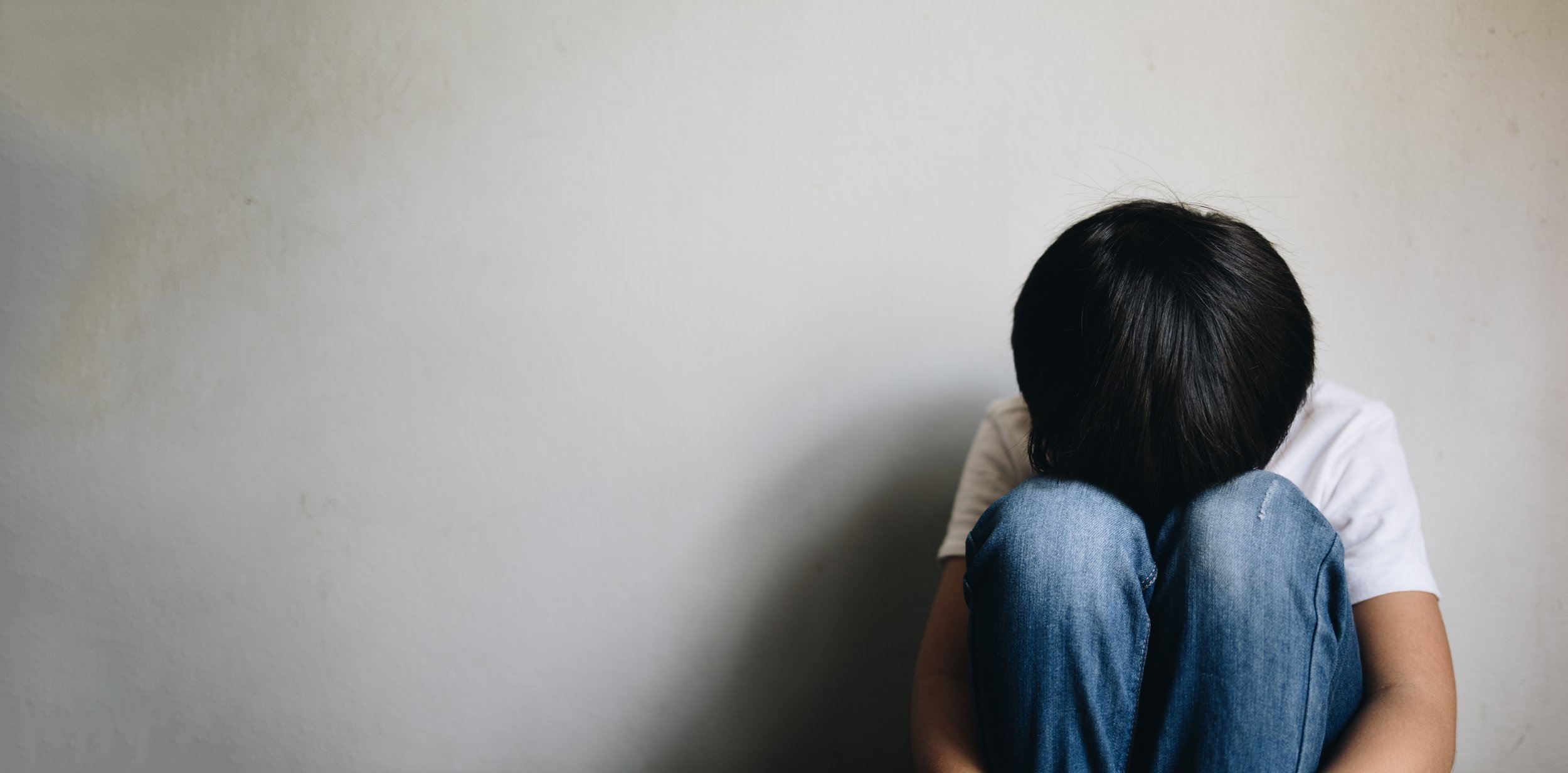
PASG Resources
Many PASG members are faculty members of universities in the United States and other countries. They have engaged in extensive clinical work and research regarding parental alienation. As a group, they have published hundreds of scholarly papers, published articles, book chapters, studies and one-pagers. The inclusion of any resource on this website does not confer approval of the document or its author by the PASG Board of Directors.
Filter by Category
PASG Originals

Published Articles
Frequently Asked Questions
Here are some general definitions and descriptions of parental alienation.
The Five-Factor Model helps to distinguish parental alienation and parental estrangement.
Yes, mental health and legal authorities everywhere consider causing severe parental alienation to be a form of child psychological abuse.
The concept of parental alienation is in DSM-5, but not the actual words.
Severely alienated children do not give reliable explanations of their feelings and opinions.
Yes, the alienated child is mentally kidnapped and brainwashed.
Studies
Videos
Presentations
Miscellaneous Links
CF DIGITAL!
The Voice of Contemporary Family, Preserving Family Ties Media
Contemporary Family magazine
from Preserving Family Ties Media
Contemporary Family magazine - (coming soon)
The PASG Facebook group can be found here: https://www.facebook.com/ParentalAlienationStudyGroup
The PASG YouTube channel can be found here: https://www.youtube.com/@pasg3541












































